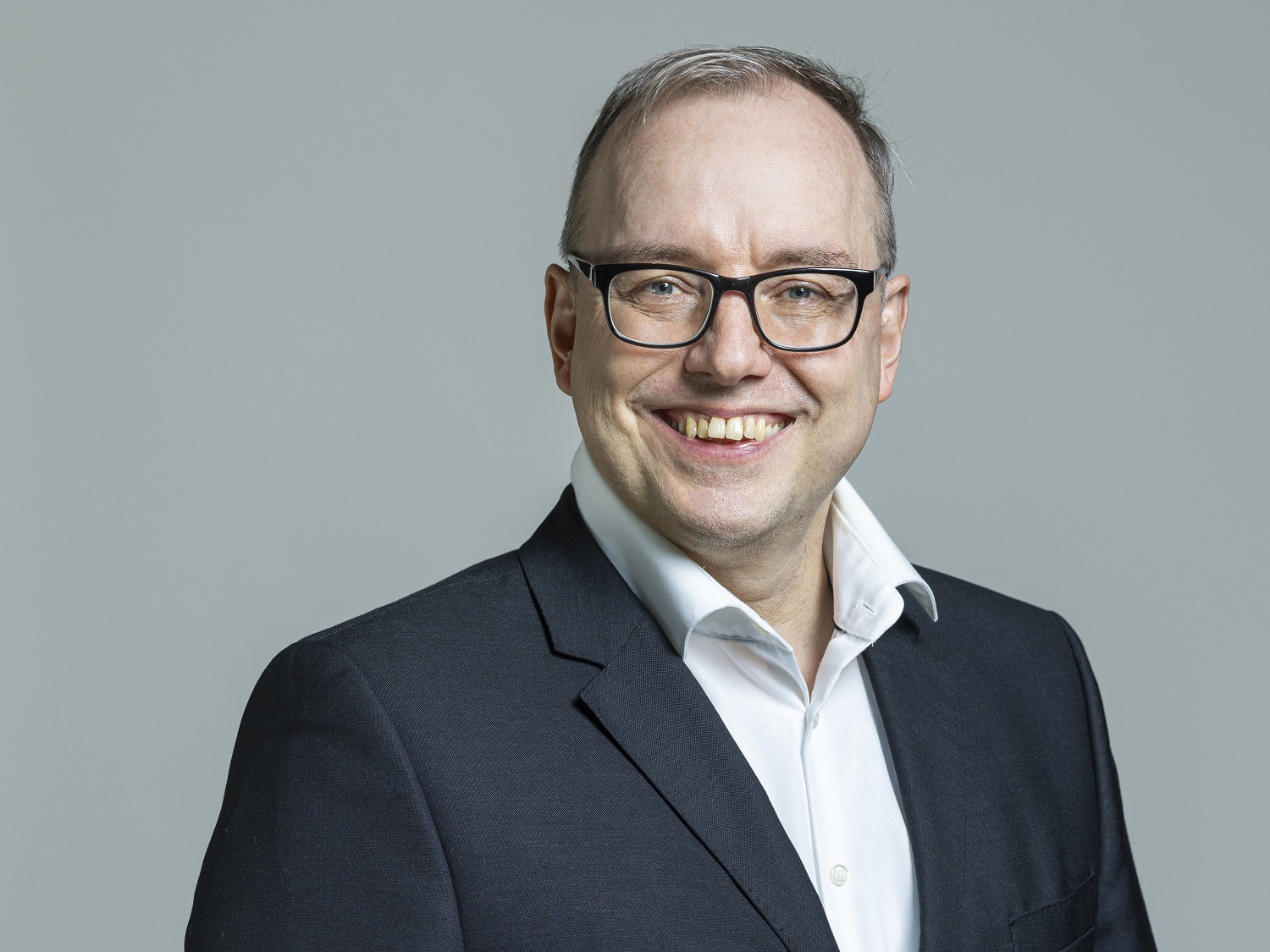+49 234 36186 9312
david.gilgen@pknrw.de
Do you have any questions about the Department or need further information? Please contact us.
To provide a framework for both subject-specific and interdisciplinary qualification of doctoral candidates and to ensure high-quality academic training, the Department of Technology and Systems offers the doctoral program ‘Cyber Physical Systems’. It is primarily aimed at doctoral candidates from the disciplines of electrical engineering, mechanical engineering, mechatronics, medical engineering, and computer engineering.
The doctoral program has a strong technical focus and is structured around two main thematic areas.
The first area directly addresses the concept of ‘Cyber Physical Systems’. These are physical systems with inherent partial intelligence enabled by embedded software. They collect data through sensors, influence the system and its environment through actuators, analyze and store data, and interact—either actively or reactively—with both the real physical world and the virtual digital world. Moreover, they are interconnected through digital communication systems and global networks. Key research topics within this cluster include machine learning, networking and integration technologies, communication systems, network architecture, embedded resource-constrained systems, internet technologies, and multimedia communication.
The second area encompasses sensor technology, image processing, automation, technical assistance systems, autonomous and self-organizing systems, control theory, and signal processing, summarized under the term ‘Instrumentation & Control’.
The doctoral program primarily addresses doctoral candidates from the disciplines of electrical engineering, mechanical engineering, mechatronics, medical engineering, and computer engineering.
To be admitted as a doctoral candidate in the department and to be able to pursue a doctorate within the program, the following requirements must be fulfilled:
Admission as a doctoral candidate is decided by the doctoral examining committee.
The doctoral program is designed for a period of three years and consists of mandatory and elective components.
Within the program, participants engage with a wide range of disciplinary and interdisciplinary methodological and theoretical approaches, which they can apply and further develop in their own research. In addition, networking opportunities and interdisciplinary qualification courses provide valuable preparation for careers both within and beyond academia.
In the mandatory component, doctoral candidates are required to complete the following:
Within the elective section, three achievements must be completed:
Information on upcoming events offered within the ‘Cyber Physical Systems’ doctoral program will be published here shortly.
The Doctoral School NRW regularly offers the mandatory workshops “Good Scientific Practice for Doctoral Researchers” and “Ethics and Responsibility in Science and Society” as part of the doctoral training program, as well as additional opportunities within its Interdisciplinary Qualification Program that support personal, academic, and professional development.
of the Department of Technology and Systems of the Graduate School for Applied Research in North Rhine-Westphalia from 24.04.2023 (.pdf)
of the Graduate School for Applied Research in North Rhine-Westphalia dated 31.01.2023 in the version dated 05.05.2025 (.pdf)
Dr. David Gilgen
Coordination of the Deparment of Technology and Systems
+49 234 36186 9312
david.gilgen@pknrw.de
Do you have any questions about the Department or need further information? Please contact us.
